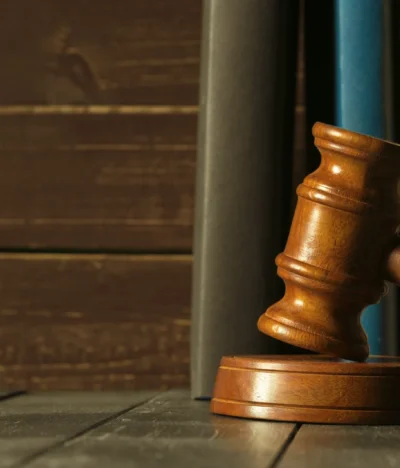Our Immigration team here at Arlingsworth have been closely following developments relating to Brexit, none more so than the recent decision in the Supreme Court. In this blog we break down the decision and its implications for you, ensuring our ability to provide you with a full, complete and absolute service.
On January 24th, after months of heated discussions between the Government and numerous campaigners, the Supreme Court, by a majority of 8-3, ruled that Parliament must give the go-ahead on whether ministers can move forward and begin the Brexit process.
The reasoning behind this poignant decision was based on upholding democracy and the rule of law. The Supreme Court made it clear that the act of withdrawing from the EU creates “a fundamental change to the UK’s constitutional arrangements” with such a fundamental change requiring “to be effected by parliamentary legislation.” The Court also added “that withdrawal from the EU would remove some existing domestic rights of UK residents” making “it impermissible for the Government to withdraw from the EU Treaties without prior Parliamentary authority.” This is certainly welcome for further clarity on the process, preventing abuse of the Government’s Royal Prerogative powers in a situation where there could be large aftershocks for British residents.
This now means a very short and simple Parliamentary Bill will likely be put towards Parliament in the next few days, with Brexit Secretary David Davis promising a Parliamentary Bill “within days” and stating the Government have reached “the point of no return.” It is also likely the Bill will pass but there will no doubt be amendments and negotiations that take place over the coming weeks which will prevent any sort of straightforward pass for the Government, such as the SNP promising “serious and substantive” amendments to any proposed Government Bill. Adding the House of Lords to the mix, it could yet be a while until the Bill is passed albeit with indications that it will, with Jeremy Corbyn, leader of the opposition and Labour party, stating Labour “will not frustrate the process for invoking Article 50.”
Another notable consequence of the Supreme Court’s judgment was rejecting arguments from the Scottish, Welsh and Northern Irish Parliaments that they should be able to vote on whether Article 50 is triggered. Furthermore the majority ruled “the devolved legislatures do not have a veto on the UK’s decision to withdraw from the EU.” This may be disappointing for the Scottish people, considering the large majority of the Scottish population voted to remain within the EU, however the courts cannot get involved in the policing of the Sewel Convention’s “scope and operation”, despite the Convention itself operating “as a political constraint on the activity of the UK Parliament.”
Ultimately the decision reached on both important points is correct, with the structure of what governmental and parliament bodies can and cannot do being upheld rigidly, rather than caving in to unwanted flexibility based on popular public opinion. With this important decision, it is hoped democracy can continue as it should, without unnecessary remarks from certain sectors of the press, who previously portrayed judges in a particularly negative light after the High Court decision.
If you are concerned about your rights after this ruling, or simply seek advice, our Immigration experts are on hand 24/7 to meet your needs. You can contact our team of Immigration experts on 01273 696962. Alternatively, you can request a callback, or email info@arlingsworth.com. You can also follow us on Facebook, Twitter and LinkedIn for any important news and updates relating to Brexit.
Legislative Certainty
European legislation governing workers’ rights will be translated into “our domestic regulations”, with Theresa May further promising that such rights will continue to be built upon during her leadership.







